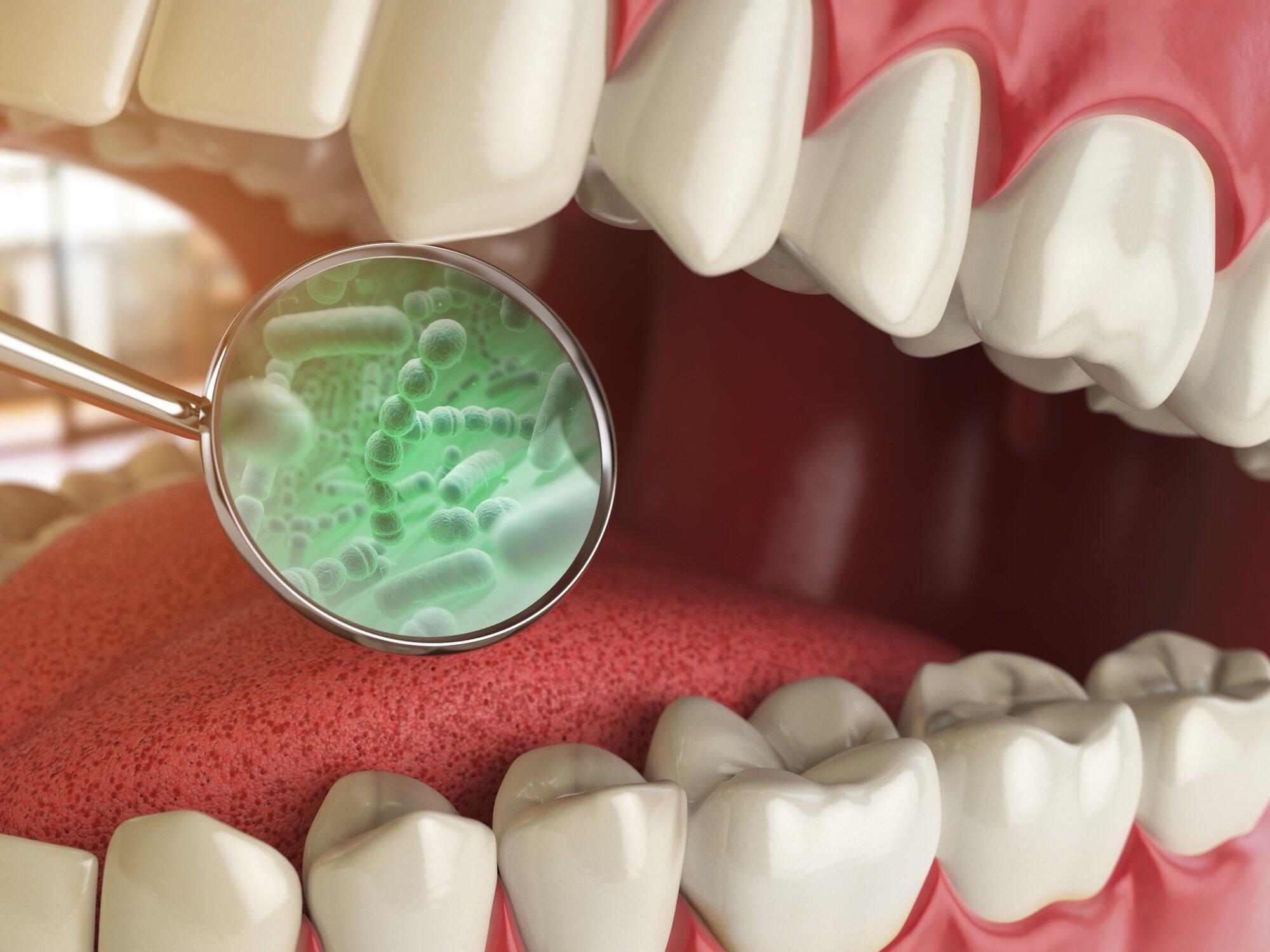
21 Feb Osteoporosis and Oral Health: What You Need To Know
Are you diligent with your dental care, yet still facing unexpected dental issues? The culprit might be osteoporosis, a bone-thinning condition often lurking unnoticed until it strikes where it hurts: your oral health. This is the problem many face, yet few connect the dots.
It’s not just about aching bones. It’s your teeth and gums that are at risk too. Osteoporosis treatment is crucial, not just for your skeleton but for your dental wellness.
In this article, we get into the hidden link between osteoporosis and oral health. We’ll explore why your bone health might be the key to a healthier, brighter smile. Understanding this connection is the first step in protecting and enhancing your oral health against the silent tide of osteoporosis.
What is Osteoporosis?
Osteoporosis is a condition where bones become brittle and fragile. It affects over 200 million people worldwide. This silent disease often goes unnoticed until a sudden fracture occurs.
This condition can significantly decrease bone density, making bones more prone to fractures, even from minor stresses. The spine, hip, and wrist are commonly affected areas.
Recognizing the signs of osteoporosis is key in managing this condition. Unfortunately, in many cases, there are no clear symptoms until a bone breaks. However, some people may notice a decrease in height or a stooped posture, both indicators of spinal bone weakening.
Early detection and regular health checks play a pivotal role in managing osteoporosis. Bone density scans, specifically the DEXA scan, are effective in diagnosing osteoporosis. These scans can help in tracking bone density over time to enable timely intervention.
Regular check-ups and lifestyle changes can significantly help in managing and even preventing osteoporosis. These can include a diet rich in calcium and vitamin D, along with appropriate exercise.
Osteopenia vs Osteoporosis
Osteopenia is often considered a predecessor to osteoporosis. It indicates lower bone density but not to the extent seen in osteoporosis. Recognizing this distinction can be crucial for early intervention and prevention.
The Connection Between Osteoporosis and Oral Health
Osteoporosis and oral health are more closely linked than many realize. The same process of bone loss and weakening that affects the hips or spine can also impact the jawbone. A weakened jawbone can lead to several dental problems, including a higher risk of tooth loss.
The jawbone’s health is essential for supporting teeth. With osteoporosis, the jawbone’s density can decrease, weakening its ability to hold teeth in place.
This condition can make people more susceptible to periodontal (gum) disease, a leading cause of tooth loss. Inflamed and receding gums, combined with a weakening jawbone, create a challenging environment for oral health.
The implications of osteoporosis extend to dental treatments as well. For instance, osteoporosis and dental implants are a complex duo. Dental implants require a strong jawbone for successful implantation.
In cases of severe osteoporosis, the weakened jawbone may not be able to support dental implants, posing a challenge for both patients and dental professionals.
Additionally, osteoporosis side effects can include issues with other dental procedures. For example, the healing process after extractions or other oral surgeries may be compromised in individuals with osteoporosis, due to the reduced bone healing capacity.
Identifying Oral Symptoms of Osteoporosis
Knowing the oral symptoms of osteoporosis can help you catch the condition early. One clear sign is when you have strong teeth but they start to loosen without any obvious dental cause.
This loosening happens because the bones holding your teeth weaken. It’s a stealthy process, often unnoticed until it’s quite advanced.
Another symptom is changes in your gums. Healthy gums are crucial for strong teeth. But with osteoporosis, your gums might recede or become weaker.
This change can lead to teeth that look longer or feel wobbly. It’s not just about cavities or gum disease. Your bone health plays an important role here.
The types of teeth you have can also influence how osteoporosis affects your oral health. For example, your molars and canines are deeply rooted in your jaw. If osteoporosis weakens the jawbone, these teeth might be the first to show signs of trouble.
Our dental professionals are key in spotting these signs. They’re not just looking at cavities or plaque. They’re your first line of defense in identifying early signs of osteoporosis through your oral health.
Osteoporosis Treatment Options and Preventive Measures
You can find several treatment options and preventive measures for the oral-health related issues osteoporosis causes. The main goal is to strengthen bones and maintain a healthy mouth.
You can take supplements to boost bone health. Some recommended ones are calcium and vitamin D. These are essential for both strong bones and strong teeth.
Medications for osteoporosis can also help. These drugs slow down bone loss and can improve bone density. They’re a key part of keeping your jawbone strong enough to support your teeth.
Exercise plays a crucial role too. Just like exercise strengthens your body, it also helps maintain jawbone strength. Chewing healthy, crunchy foods is a natural way to give your jaw a workout.
Dentistry solutions for osteoporosis include regular dental check-ups. These visits allow our dentist to monitor your oral health closely and catch any problems early. We might suggest specific treatments like fluoride applications or dental adhesives to strengthen your teeth and gums.
Preventive care is also about lifestyle changes. Quitting smoking and reducing alcohol intake can significantly improve your bone and dental health. A balanced diet rich in calcium and vitamin D, combined with regular exercise, forms a solid foundation for both overall health and oral wellness.
Take the Next Step
Osteoporosis treatment extends its reach far beyond the bones and plays a pivotal role in maintaining oral health. Through this article, we’ve shed light on the vital connections between bone density and dental well-being.
At McIlwain Dental Specialists, we’re committed to providing comprehensive care that addresses these interconnected aspects of your health. Don’t let osteoporosis silently impact your smile. Take action and ensure the longevity of your oral health with our expert care.
Your smile deserves the best. Schedule an appointment with us today and experience dentistry solutions tailored to your unique needs.


